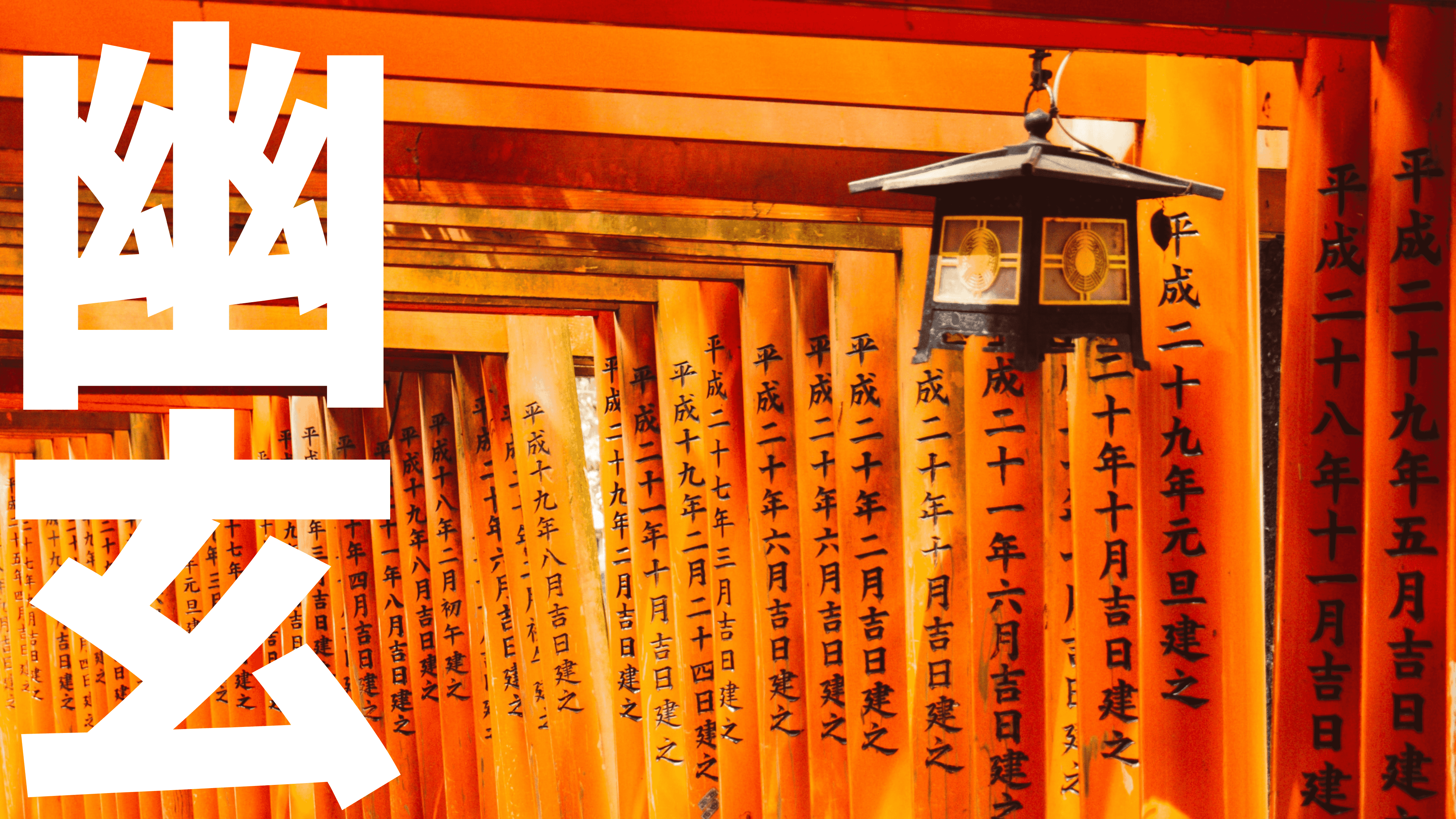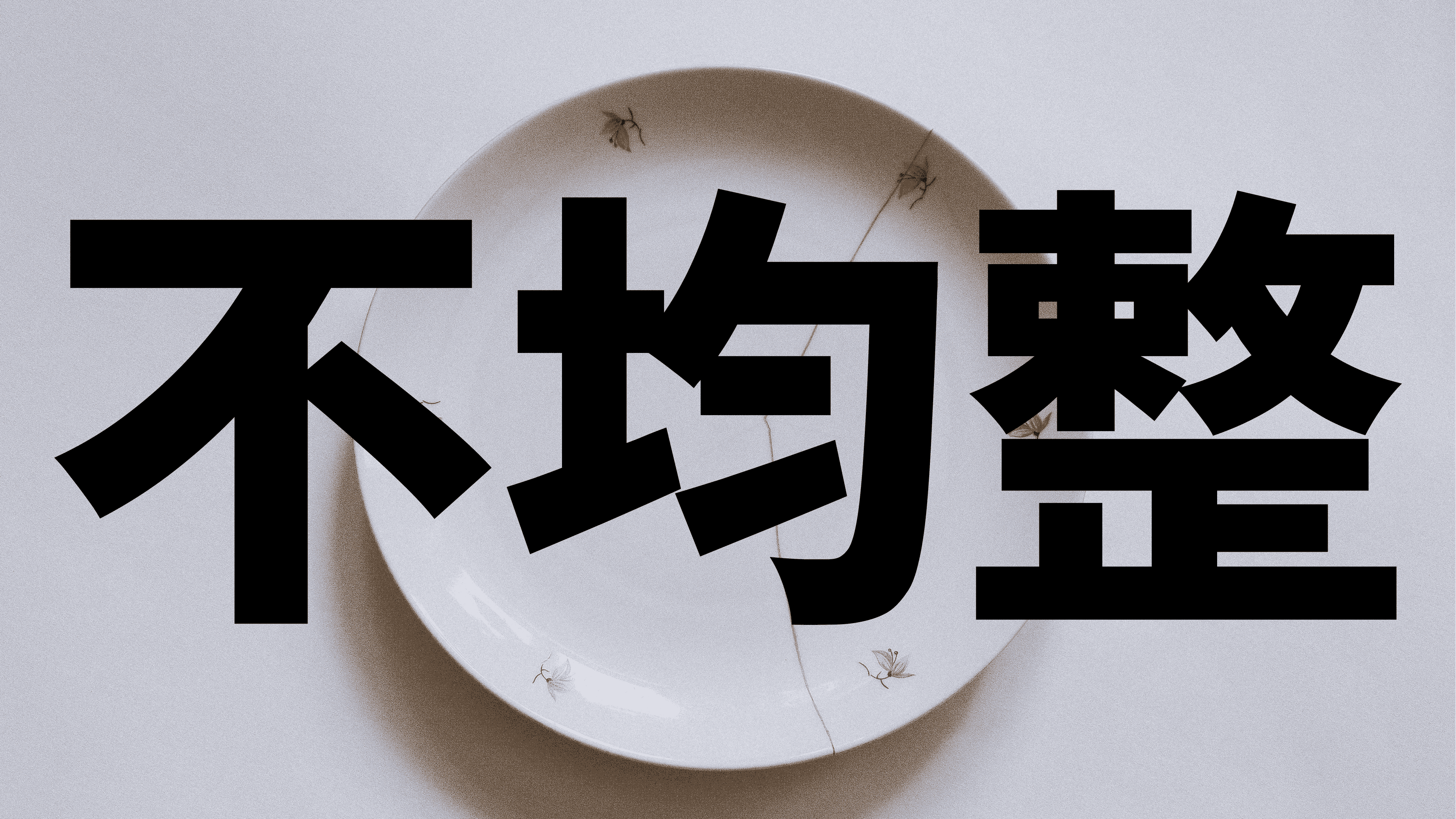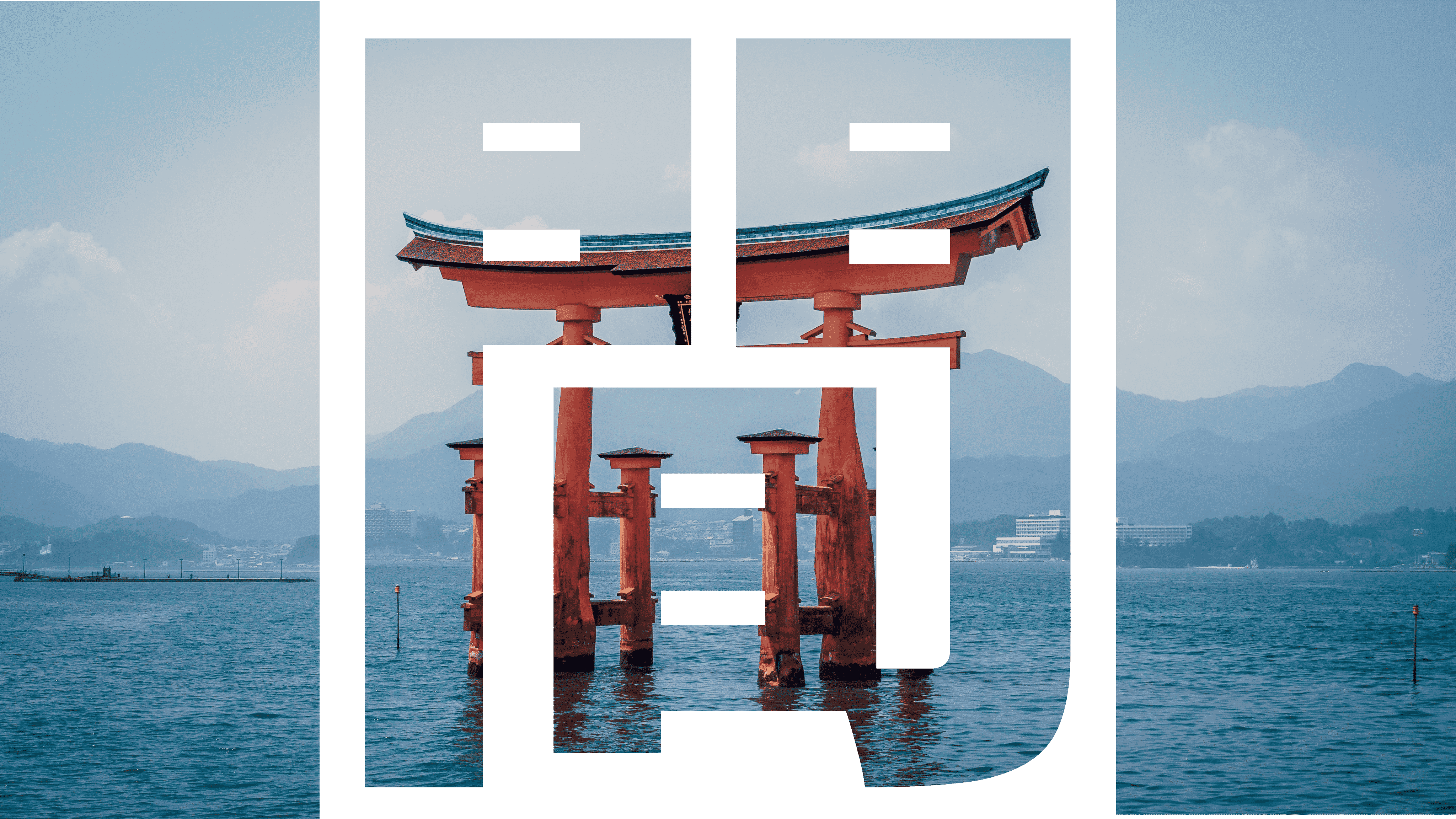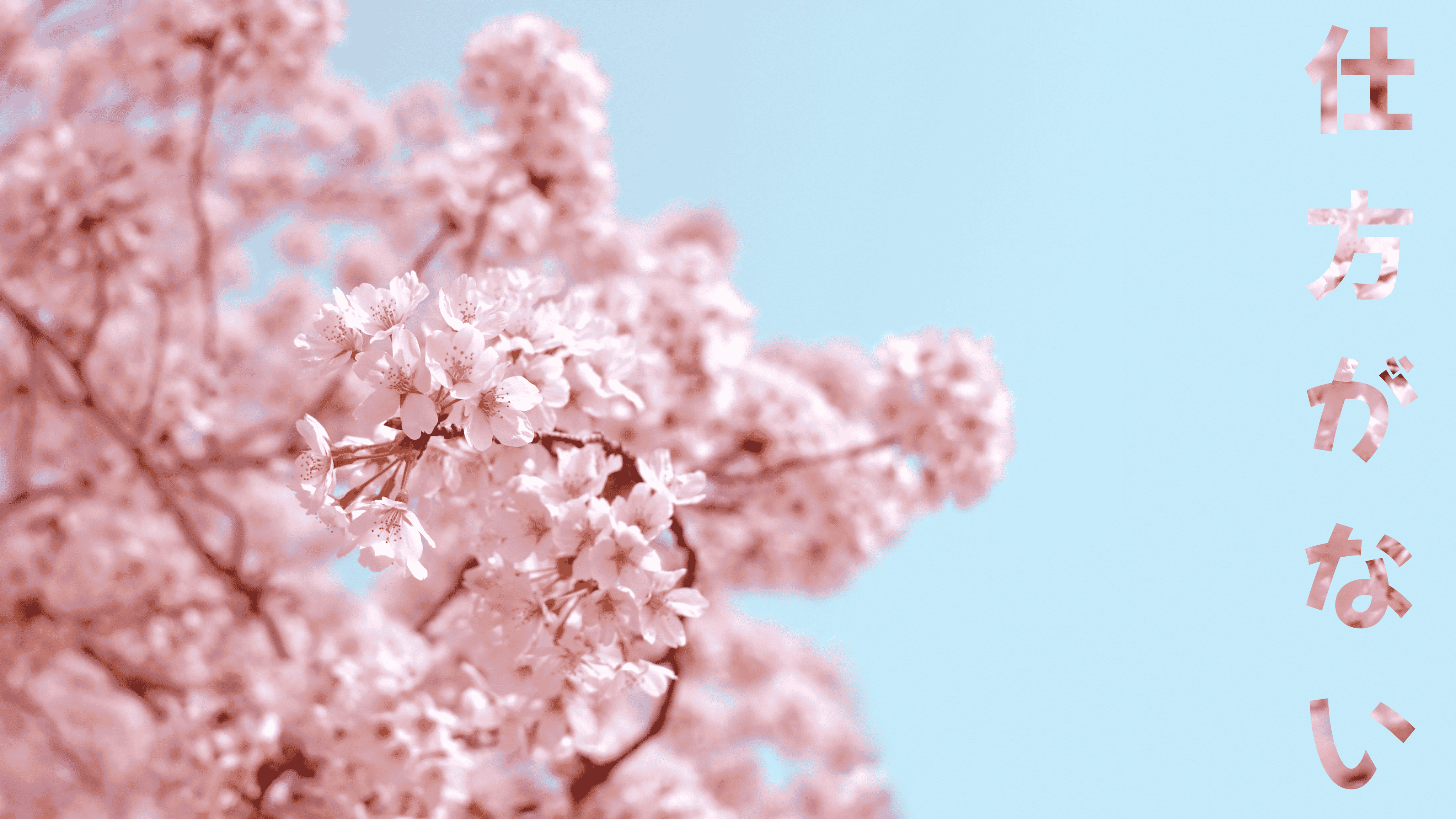- Published on ·
- Reading time 5 min read
Six Japanese Concepts To Help Us Appreciate Life
#6 Yugen — An appreciation for the profound and mysterious
Share this page

Japan is renowned for many things, including its natural landscapes, strong work ethic, rich culture, and anime, among other highlights. Their culture has been preserved and handed down through generations and remains vividly present in the streets of Japan. Their vast knowledge is also encapsulated and shared through various concepts. In this self-reflection post, let's explore some of these Japanese concepts to appreciate aspects of life better.

Yugen (幽玄) / Image source: Unsplash / Made using Figma
6) Appreciating the past
Yugen (幽玄) is an appreciation for life's profound, mysterious, and subtle aspects that evoke awe and wonder. It encourages embracing the beauty found in the unknown.
Many times life works in mysterious ways, too. Things happen for a reason and it's only in retrospect when you connect the dots you realize that it couldn't have happened any other way.
Reflect on something that, looking back, turned out to be beneficial in the way it unfolded, even though you may not have appreciated it at the time.

Gaman (我慢) / Image source: Unsplash / Made using Figma
5) Appreciating oneself
Gaman (我慢) is a philosophy that even the seemingly unbearable burdens of the world should be faced with patience and dignity. The concept represents the idea of maintaining one's dignity through difficult circumstances.
We've all been through difficult times and we know how hard it can be to wake up each day and face a tough situation. Navigating such circumstances takes a toll on an individual, demanding considerable resilience and character to face them with dignity.
Reflect on when you've put a brave face on in tough times. Recognize that such strength deserves acknowledgment and appreciation.

Fukinsei (不均整) / Image source: Unsplash / Made using Figma
4) Appreciating the imperfections
The Japanese concept of Fukinsei (不均整) is all about appreciating the beauty of asymmetry and irregularity in life. According to the theory, everything — from nature to people — can be seen as unique and special.
We all have flaws as humans and rather than winging about it, which is very easy to do, we should make the effort to consciously appreciate it. With time, this will become second nature, and eventually, beauty will lie in the imperfections.
Reflect on the imperfect elements in your life — relationships, things, situations — and find ways to appreciate their presence.

Ma (間) / Image source: Unsplash / Made using Figma
3) Appreciating the gaps in life
Ma (間) is the concept of negative space or the interval between things. It is often associated with the idea of finding balance, harmony, and meaning in the pauses and gaps of life.
Maybe you're switching jobs, or maybe you just graduated and are looking to find a footing in the corporate ladder. Perhaps you're starting a new phase in life, like getting married or having a baby. Or perhaps you're going through a phase in life, like a bad breakup, or urgently needing to care for loved ones. It is during times like this that life might appear to slow down, or at least take a 180, but rather than feeling low about it, use this time to reflect on the ups and savor the lows. Taking it a step further, a sabbatical might not sound so bad either.
Reflect on the time when nothing significant happened that might've contributed positively to your life.

Shikata ga nai (仕方がない) / Image source: Unsplash / Made using Figma
2) Appreciating the present
The Japanese concept of Shikata ga nai (仕方がない) (or “accepting things you can't change” or “nothing can be done”), is a mindset that teaches people to live in the present moment and focus on what they can control instead of worrying about what's not within their control.
As an experienced overthinker myself, I believe this concept is the hardest pill to swallow, but it takes a conscious effort and reminder to live to the fullest in the present rather than living in the past or the future.
Reflect on the present moment, on what you have and what you can control, and make a note of what you're grateful for.

Kaizen (改善) / Image source: Unsplash / Made using Figma
1) Appreciating the challenge
Kaizen (改善) translates to “continuous improvement” or “change for the better.” It emphasizes the idea of making small, incremental changes over time to achieve personal and professional goals.
You may have heard a popular metaphor: “Steering the ship just one degree may seem insignificant at the moment, but over time, it can be the difference between hitting an iceberg and reaching your destination.” This is absolutely true for continuous improvements. It is much harder to make a drastic change at the last minute as opposed to making small changes over a long period. Small continuous changes can also be less overwhelming and can make it easier to form a habit.
Reflect on what improvements you could work towards in the near and distant future.
That's it! Thanks for reading. Happy reflection!